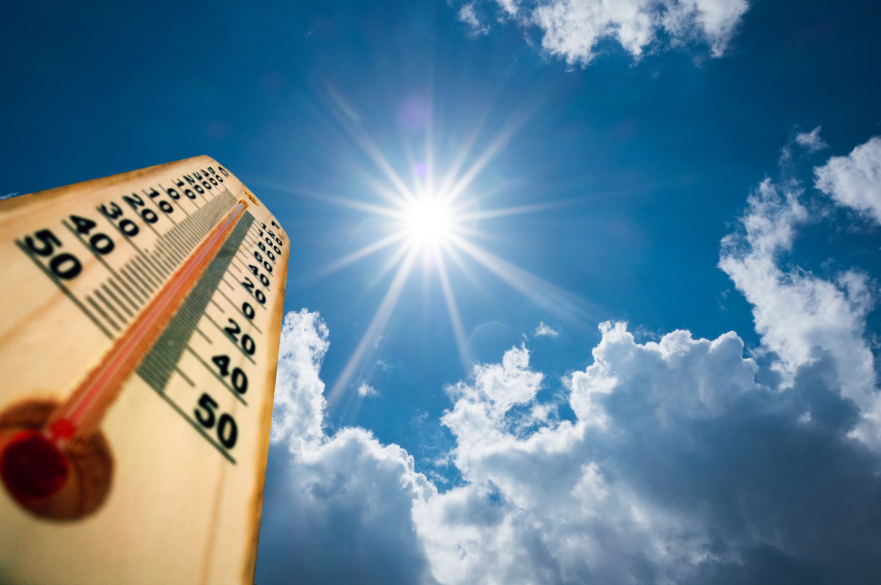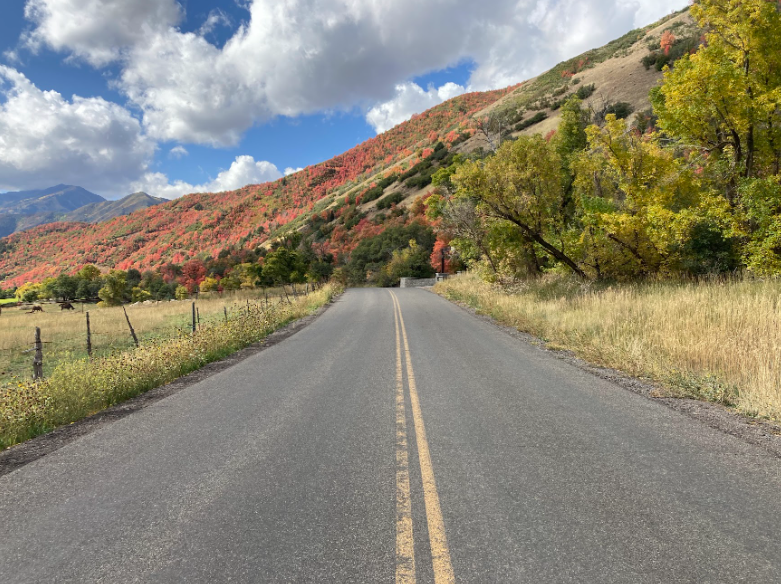Your cart is currently empty!

Supporting Students in Earth Science
—
Environmental data becomes powerful when students can transform it into solutions for real-world challenges. At the Tethys Geoscience Foundation, we’re excited to see how students take scientific information and create applications that make a difference in their communities. These young innovators bring fresh perspectives to environmental problems, often seeing possibilities that more experienced practitioners might overlook. By providing the right tools and mentorship, we aim to empower the next generation of Earth scientists to develop practical skills while addressing meaningful challenges.
For students, involvement with Tethys offers a unique opportunity to build their professional portfolio from the ground up—contributing to an emerging platform that’s gaining recognition in the field of environmental data science. This early engagement with open-source development creates compelling talking points for interviews and demonstrates initiative that future employers and academic programs value highly.
Beginning with YouthMappers
The Tethys Geoscience Foundation’s recent collaboration with YouthMappers exemplifies how students can engage with Earth science tools. Through dedicated webinars, students learned how to transform their OpenStreetMap data into interactive web applications using Tethys Platform. This hands-on approach helps students see how their mapping work can directly address local development challenges.
Technical Foundations
For students new to Earth science applications, Tethys Platform provides a Python-based framework that eliminates many common technical barriers. Rather than wrestling with web development complexities, students can focus on applying their geographic and environmental knowledge. The platform’s built-in tools for handling complex environmental datasets and creating intuitive visualizations give students a solid foundation for their projects.
Being involved with Tethys at this stage of its development offers a distinct career advantage. Students who contribute to the platform gain experience with a technology in its formative phase which can be an impressive credential that demonstrates both technical skill and the foresight to invest in emerging tools. Furthermore, contributions to Tethys projects can help students grow their portfolio. As the platform grows in adoption and recognition, early contributors can point to their role in shaping this evolution, a compelling narrative when applying for positions in environmental technology or research.

Real Learning Through Real Projects
The Community Streamflow Evaluation System (CSES) demonstrates the kind of project that can inspire student innovation. What began as a regional water supply forecasting tool grew into a national resource, showing students how their work can scale to create broader impact. This example helps students understand how to approach their own projects, whether they’re focused on local environmental monitoring or regional resource management.
Building Support Networks
Currently, students can access support through the Tethys Platform GitHub forums for technical questions, direct communication with the Tethys team for project guidance, and webinars and training sessions when available. These resources create a collaborative environment where students can overcome technical challenges and refine their project concepts with expert input.
From Classroom to Community
As Contributing Members, students can commit five hours monthly to open-source development, gaining practical experience while advancing foundation initiatives. This involvement helps students build portfolios, develop professional skills, and connect with experienced Earth scientists and developers.
The career implications of this community engagement extend far beyond technical skill development. Students who contribute to Tethys are building a documented history of real-world problem-solving that differentiates them in competitive job markets. Each contribution becomes evidence of their ability to collaborate on production code, navigate project requirements, and deliver solutions that address genuine environmental needs. For many employers, this practical experience is more valuable than theoretical knowledge alone, potentially opening doors.
Moving Forward
The future of Earth science depends on nurturing new talent and fresh perspectives. Through structured support and practical learning opportunities, we can help students transform their innovative ideas into tools that serve real community needs. Whether they’re creating new applications or improving existing ones, student contributors bring valuable energy and insights to the field.
For students interested in getting involved, make sure to follow us on social media and begin your Tethys journey today. By engaging with the Tethys community early in their careers, students can develop the skills and connections needed to make meaningful contributions to Earth science.
Remember that today’s student projects could become tomorrow’s essential tools. Through continued support of student innovation, we help ensure a vibrant future for Earth science application development.

Leave a Reply